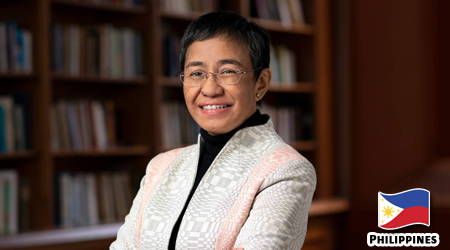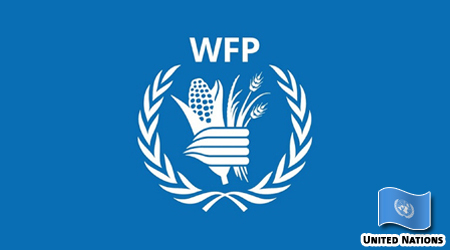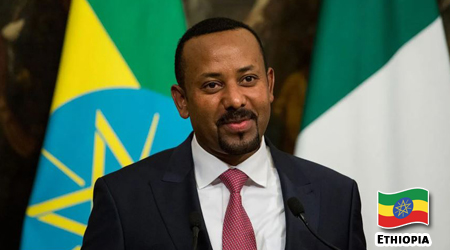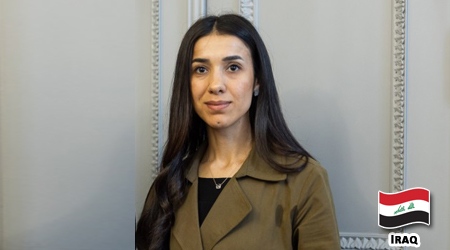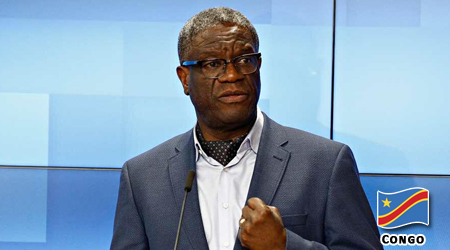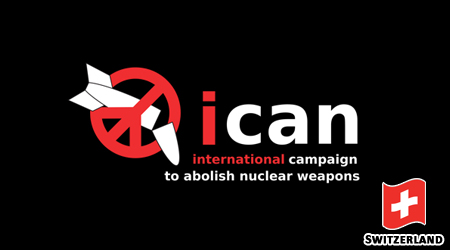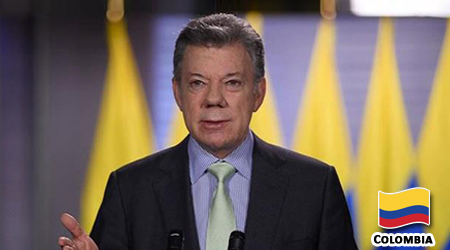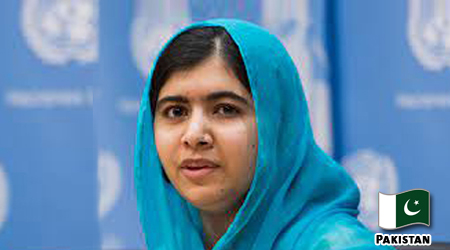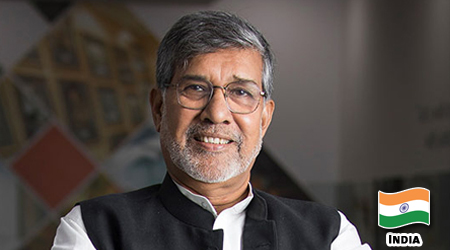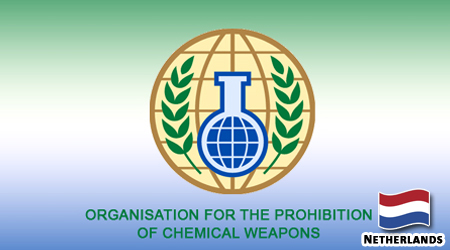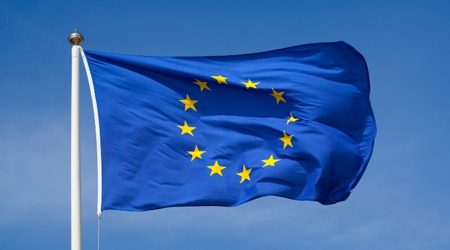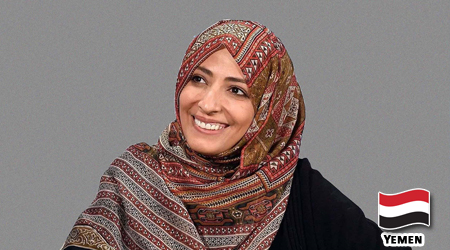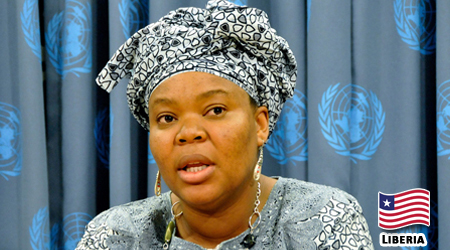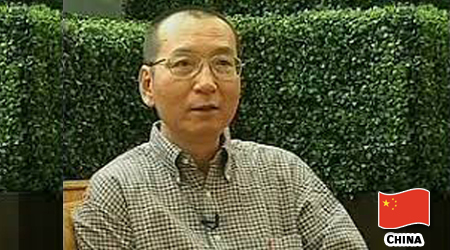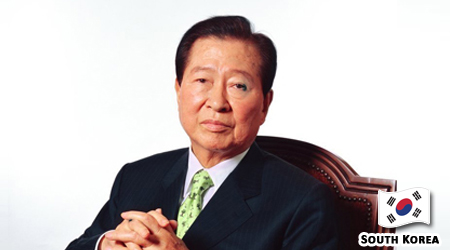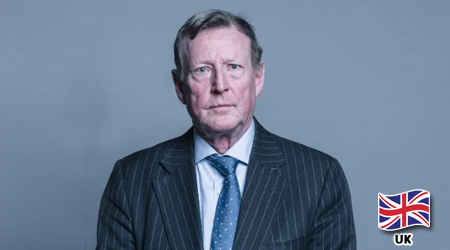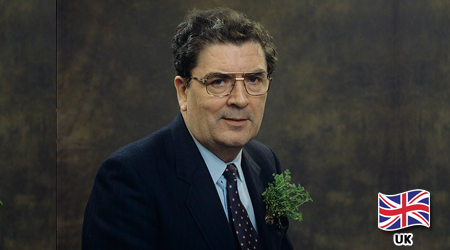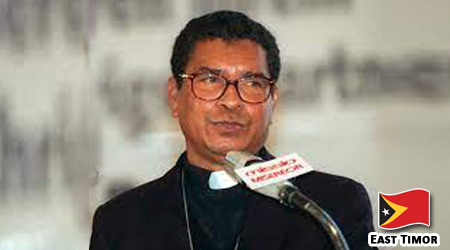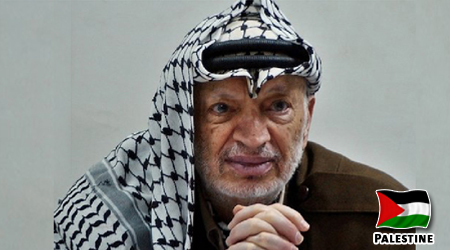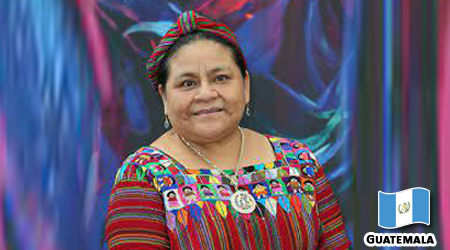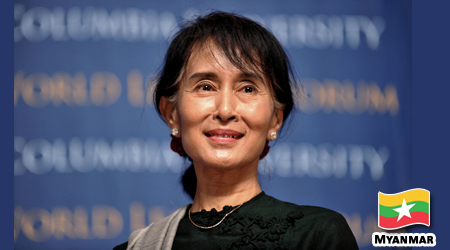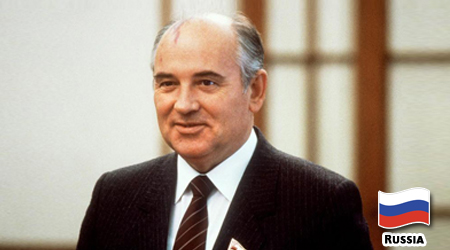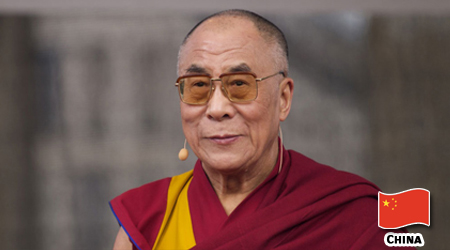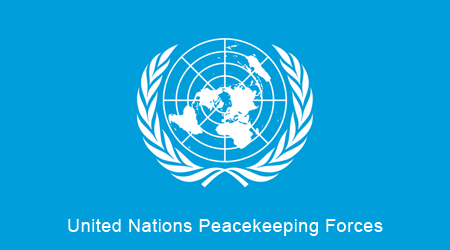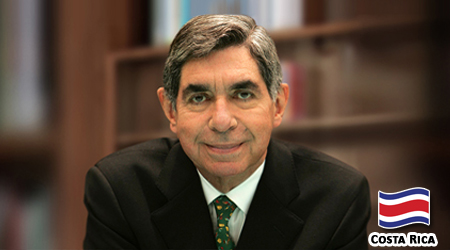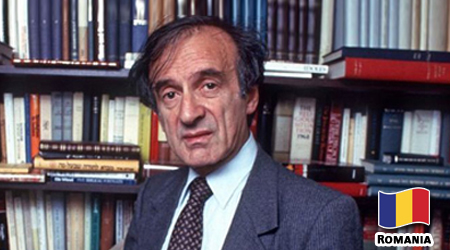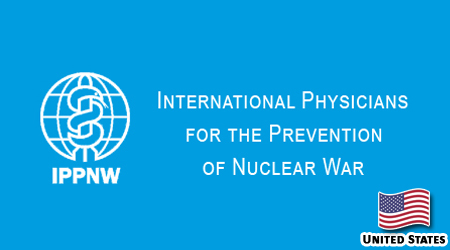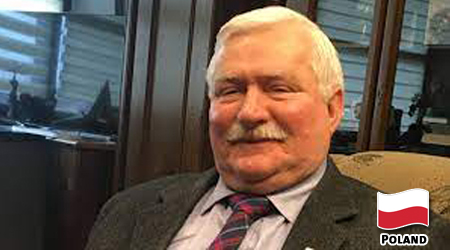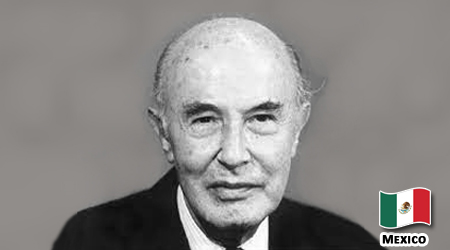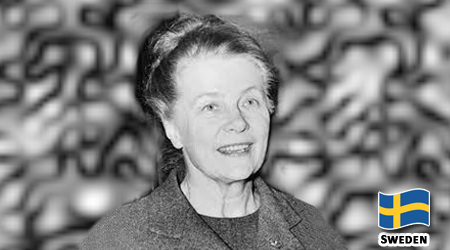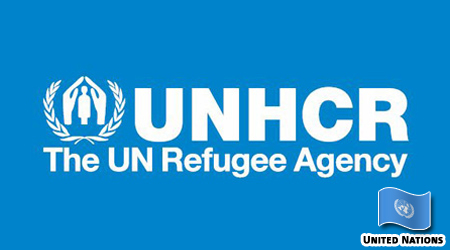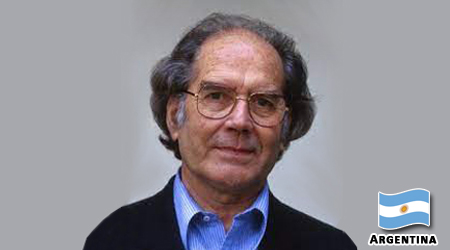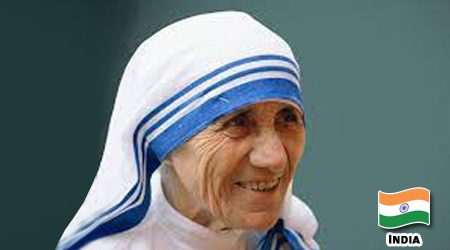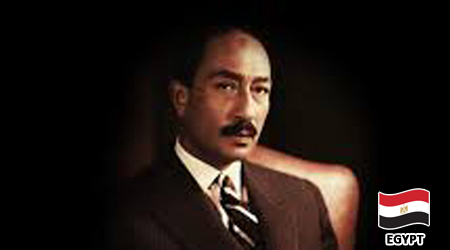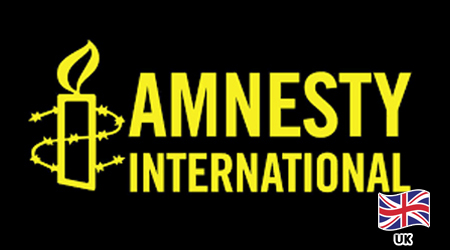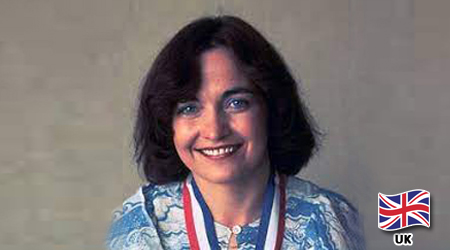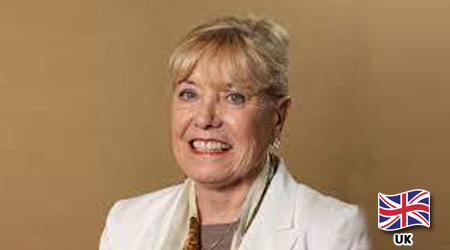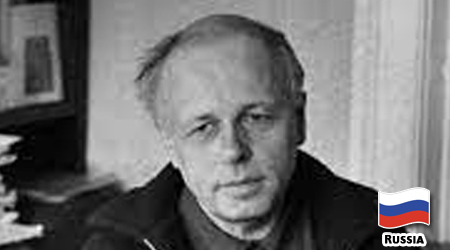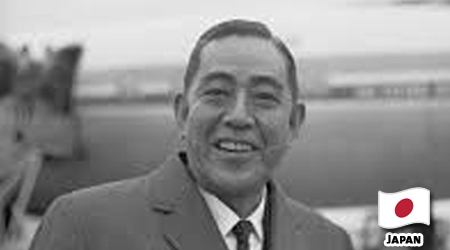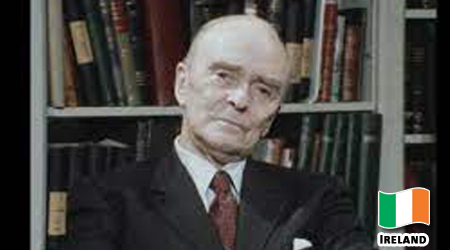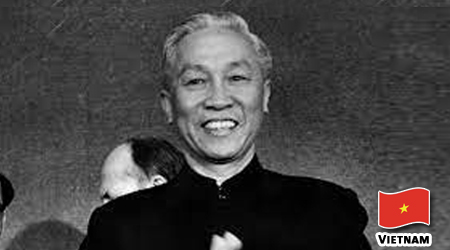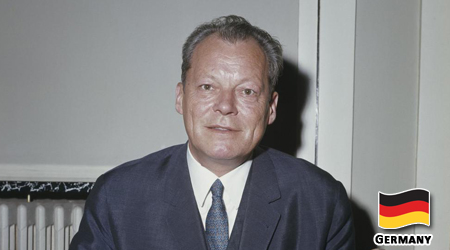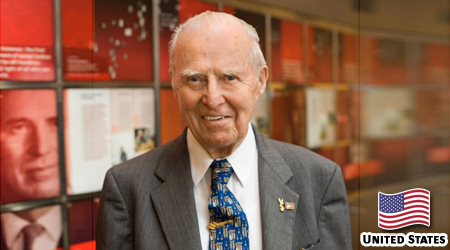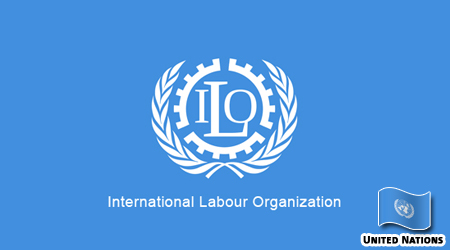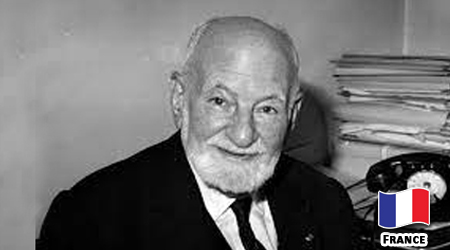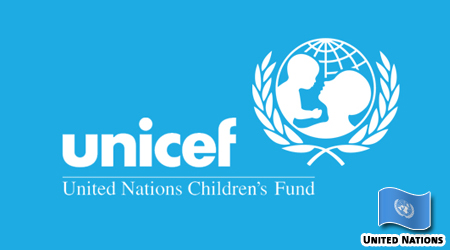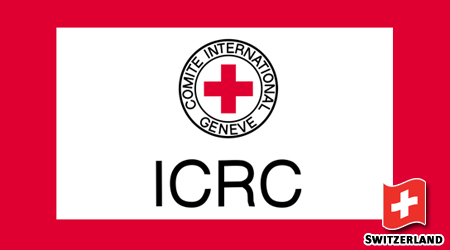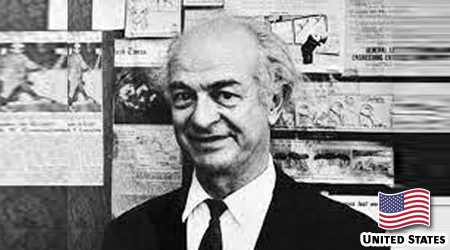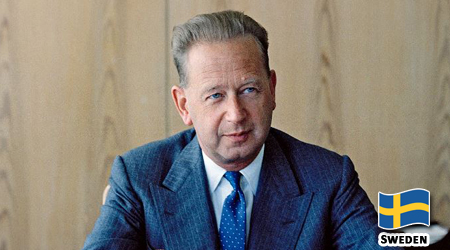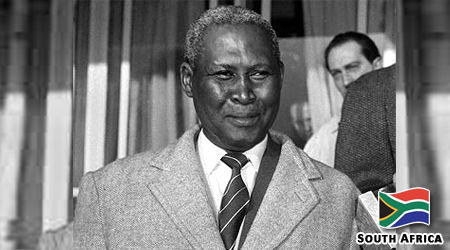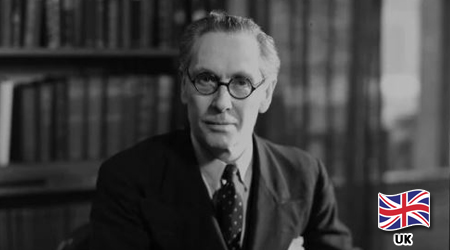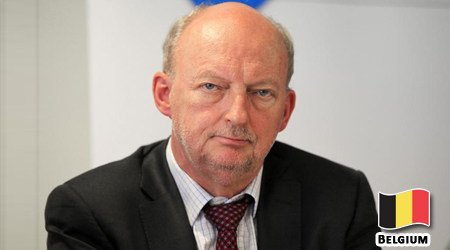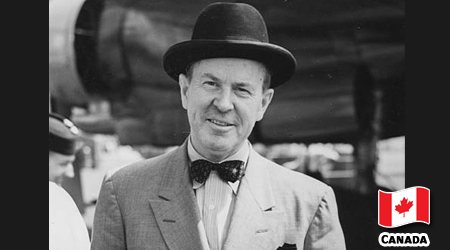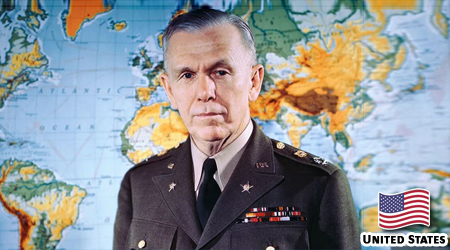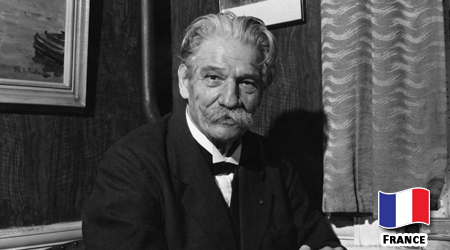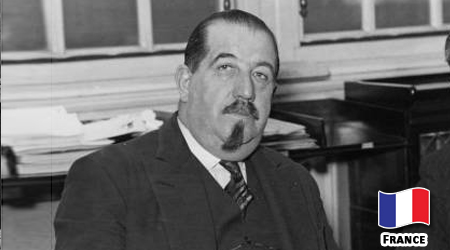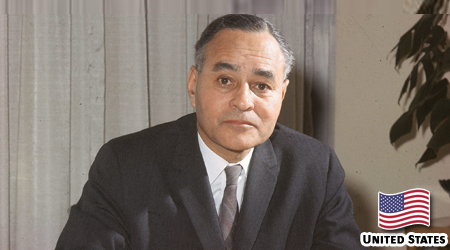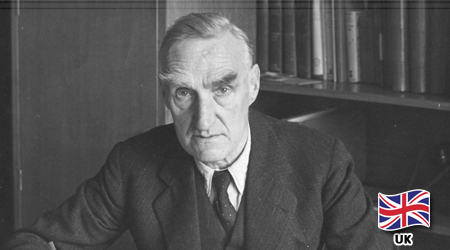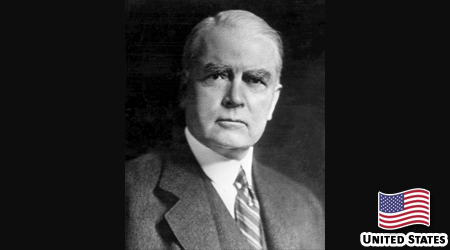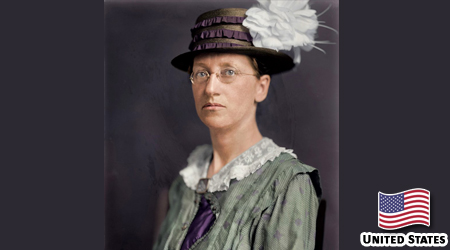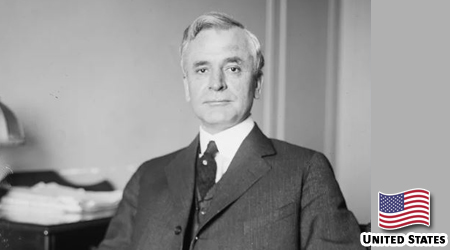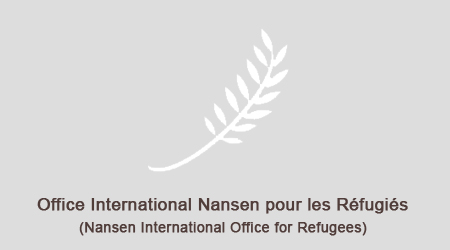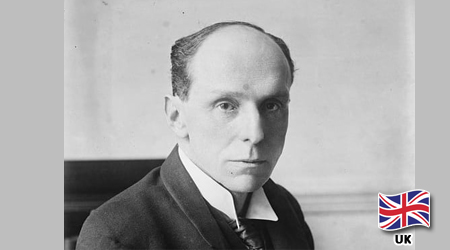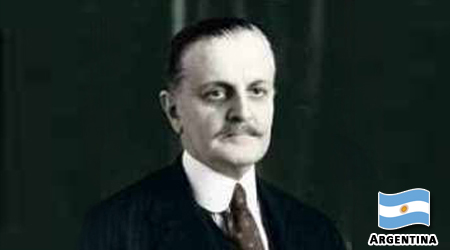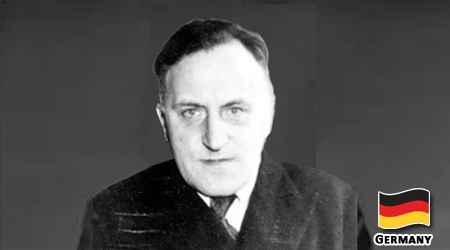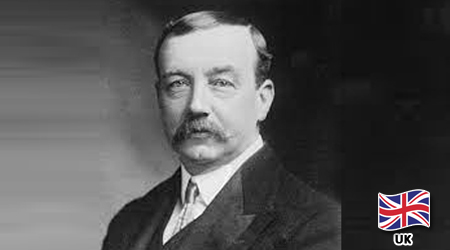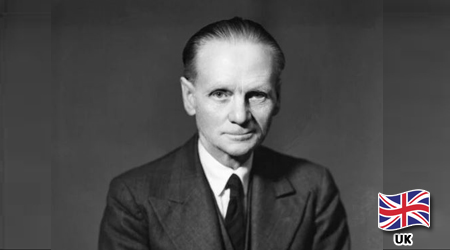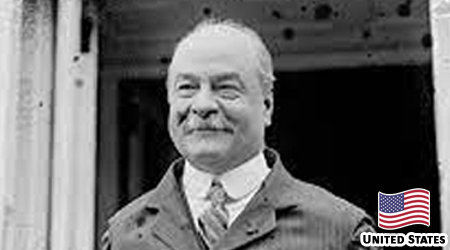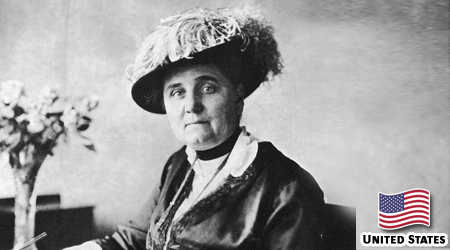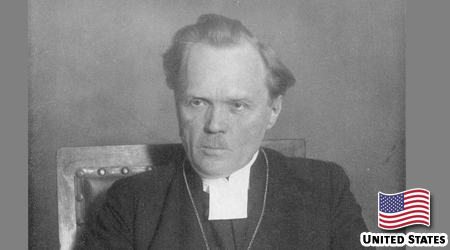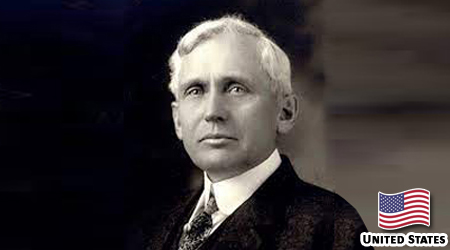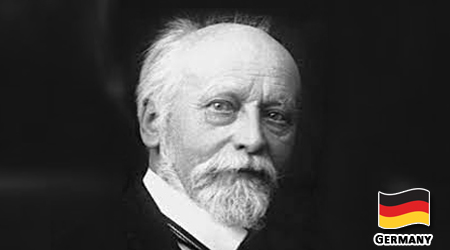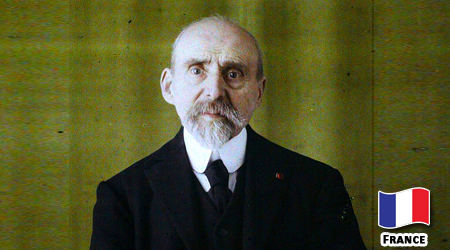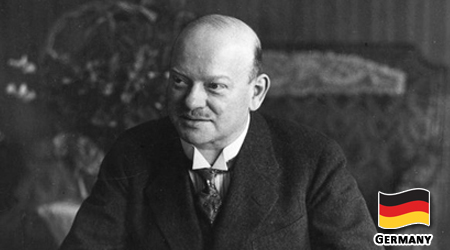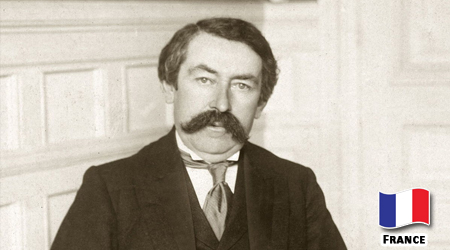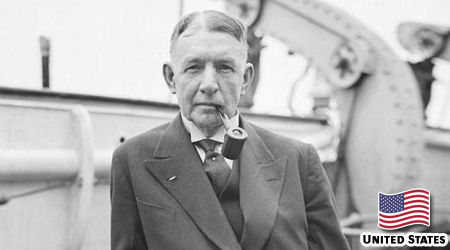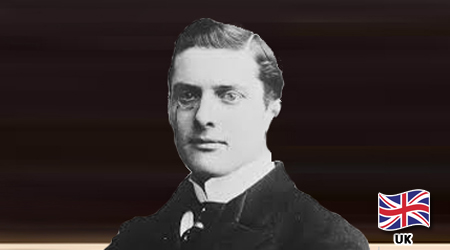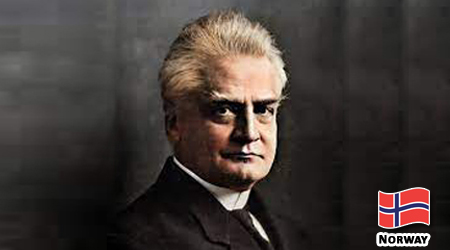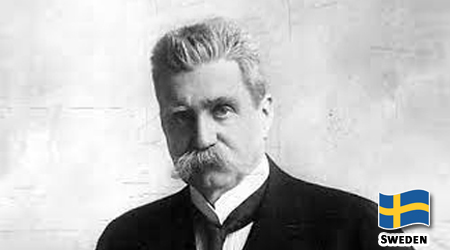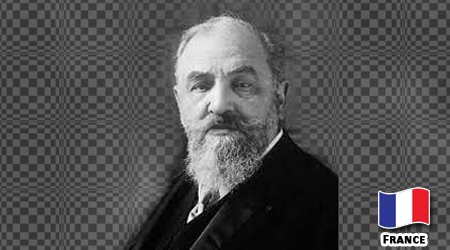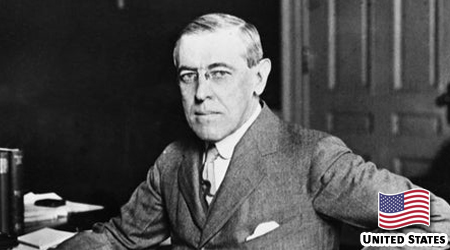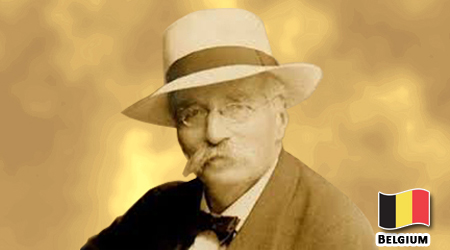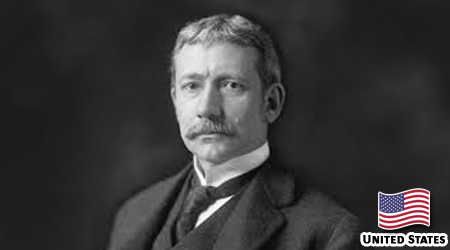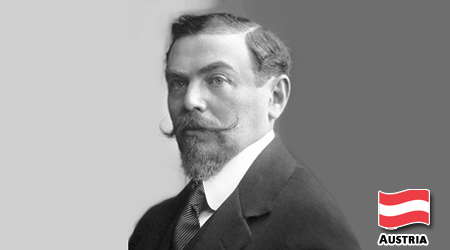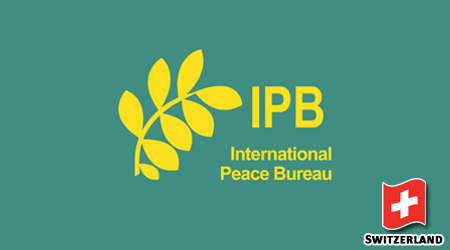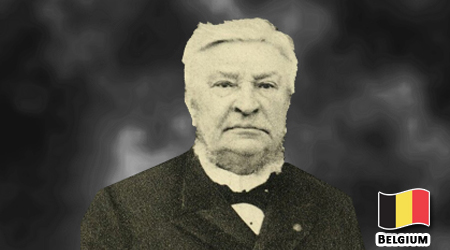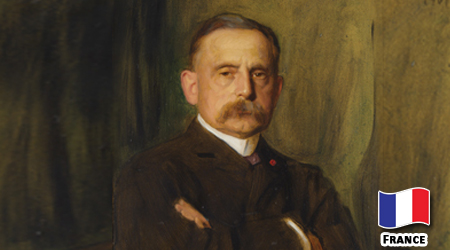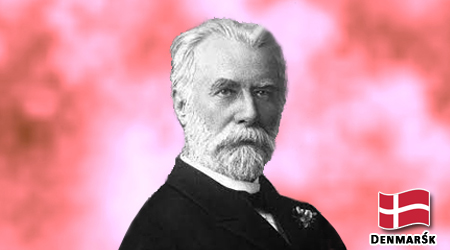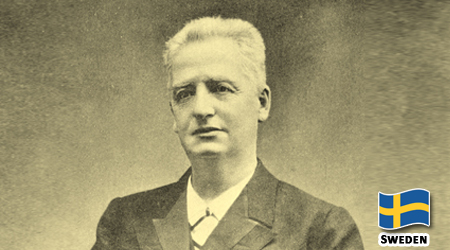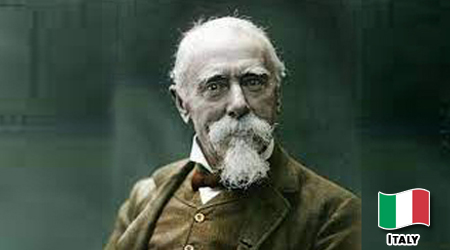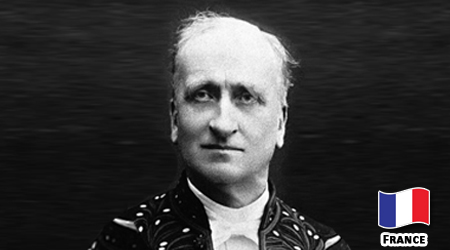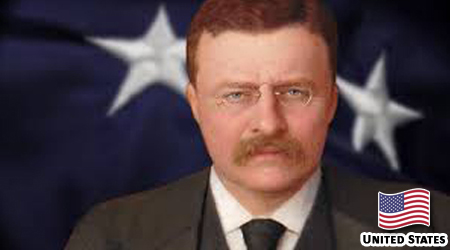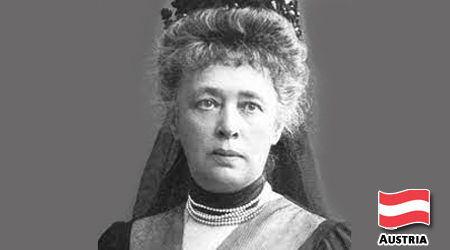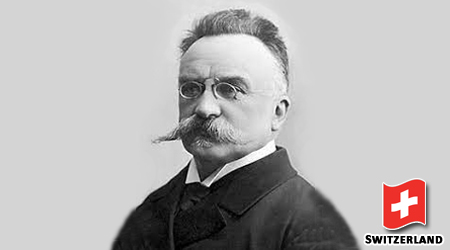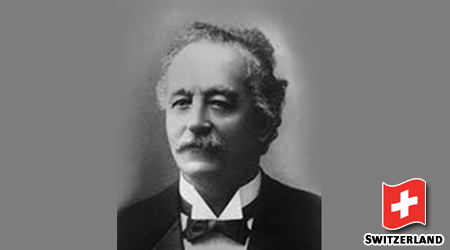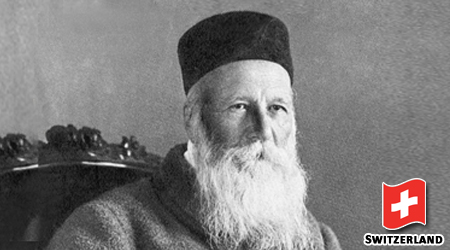Nobel Peace Prize
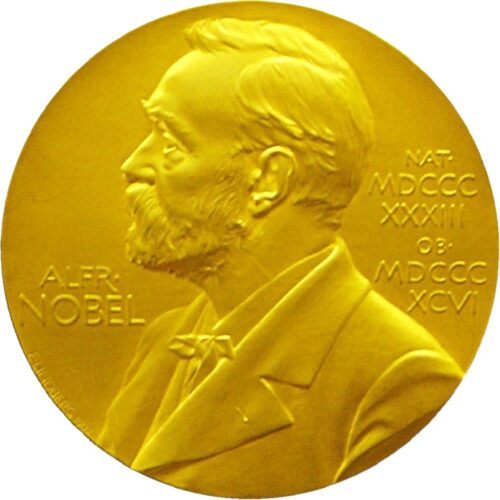
Nobel Peace Prize
The Nobel Prize for "PEACE" has been awarded 104 times to 141 Nobel Prize laureates between 1901 and 2023, 111 individuals and 30 organisations. Since the International Committee of the Red Cross has been awarded the Nobel Peace Prize three times (in 1917, 1944 and 1963), and the Office of the United Nations High Commissioner for Refugees has been awarded the Nobel Peace Prize two times (in 1954 and 1981), there are 27 individual organisations which have been awarded the Nobel Peace Prize. Click on the links to get more information.
| Sl | Name | Country | Flag | Year | Awarded For |
|---|---|---|---|---|---|
| 142 | Nihon Hidankyo | Japan | 2024 | "For demonstrating through witness testimony that nuclear weapons must never be used again" | |
| 141 | Narges Mohammadi | Iran | 2023 | "for her fight against the oppression of women in Iran and her fight to promote human rights and freedom for all" | |
| 140 | Memorial | Russia | 2022 | "The Peace Prize laureates represent civil society in their home countries. They have for many years promoted the right to criticise power and protect the fundamental rights of citizens. They have made an outstanding effort to document war crimes, human right abuses and the abuse of power. Together they demonstrate the significance of civil society for peace and democracy." | |
| 139 | Centre for Civil Liberties | Ukraine | 2022 | "The Peace Prize laureates represent civil society in their home countries. They have for many years promoted the right to criticise power and protect the fundamental rights of citizens. They have made an outstanding effort to document war crimes, human right abuses and the abuse of power. Together they demonstrate the significance of civil society for peace and democracy." | |
| 138 | Ales Bialiatski | Belarus | 2022 | "The Peace Prize laureates represent civil society in their home countries. They have for many years promoted the right to criticise power and protect the fundamental rights of citizens. They have made an outstanding effort to document war crimes, human right abuses and the abuse of power. Together they demonstrate the significance of civil society for peace and democracy." | |
| 137 | Maria Ressa | Philippines | 2021 | "for their efforts to safeguard freedom of expression, which is a precondition for democracy and lasting peace." | |
| 136 | Dmitry Muratov | Russia | 2021 | "for their efforts to safeguard freedom of expression, which is a precondition for democracy and lasting peace." | |
| 135 | World Food Programme | United Nations | 2020 | "for its efforts to combat hunger, for its contribution to bettering conditions for peace in conflict-affected areas and for acting as a driving force in efforts to prevent the use of hunger as a weapon of war and conflict." | |
| 134 | Abiy Ahmed | Ethiopia | 2019 | "for his efforts to achieve peace and international cooperation, and in particular for his decisive initiative to resolve the border conflict with neighbouring Eritrea." | |
| 133 | Nadia Murad | Iraq | 2018 | "for their efforts to end the use of sexual violence as a weapon of war and armed conflict." | |
| 132 | Denis Mukwege | Democratic Republic of the Congo | 2018 | "for their efforts to end the use of sexual violence as a weapon of war and armed conflict." | |
| 131 | International Campaign to Abolish Nuclear Weapons | Switzerland | 2017 | "for its work to draw attention to the catastrophic humanitarian consequences of any use of nuclear weapons and for its ground-breaking efforts to achieve a treaty-based prohibition of such weapons." | |
| 130 | Juan Manuel Santos | Colombia | 2016 | "for his resolute efforts to bring the country's more than 50-year-long civil war to an end." | |
| 129 | Tunisian National Dialogue Quartet | Tunisia | 2015 | "for its decisive contribution to the building of a pluralistic democracy in Tunisia in the wake of the Jasmine Revolution of 2011." | |
| 128 | Malala Yousafzai | Pakistan | 2014 | "for their struggle against the suppression of children and young people and for the right of all children to education." | |
| 127 | Kailash Satyarthi | India | 2014 | "for their struggle against the suppression of children and young people and for the right of all children to education." | |
| 126 | Organisation for the Prohibition of Chemical Weapons | Netherlands | 2013 | "for its extensive efforts to eliminate chemical weapons." | |
| 125 | European Union | European Union | 2012 | "for over six decades contributed to the advancement of peace and reconciliation, democracy and human rights in Europe." | |
| 124 | Tawakkul Karman | Yemen | 2011 | "for their non-violent struggle for the safety of women and for women's rights to full participation in peace-building work." | |
| 123 | Leymah Gbowee | Liberia | 2011 | "for their non-violent struggle for the safety of women and for women's rights to full participation in peace-building work." | |
| 122 | Ellen Johnson Sirleaf | Liberia | 2011 | "for their non-violent struggle for the safety of women and for women's rights to full participation in peace-building work." | |
| 121 | Liu Xiaobo | China | 2010 | "for his long and non-violent struggle for fundamental human rights in China." | |
| 120 | Barack Obama | United States | 2009 | "for his extraordinary efforts to strengthen international diplomacy and cooperation between peoples." | |
| 119 | Martti Ahtisaari | Finland | 2008 | "for his important efforts, on several continents and over more than three decades, to resolve international conflicts." | |
| 118 | Intergovernmental Panel on Climate Change | United Nations | 2007 | "for their efforts to build up and disseminate greater knowledge about man-made climate change, and to lay the foundations for the measures that are needed to counteract such change." | |
| 117 | Al Gore | United States | 2007 | "for their efforts to build up and disseminate greater knowledge about man-made climate change, and to lay the foundations for the measures that are needed to counteract such change." | |
| 116 | Muhammad Yunus | Bangladesh | 2006 | "for their efforts to create economic and social development from below." | |
| 115 | Grameen Bank | Bangladesh | 2006 | "for their efforts to create economic and social development from below." | |
| 114 | Mohamed ElBaradei | Egypt | 2005 | "for their efforts to prevent nuclear energy from being used for military purposes and to ensure that nuclear energy for peaceful purposes is used in the safest possible way." | |
| 113 | International Atomic Energy Agency | United Nations | 2005 | "for their efforts to prevent nuclear energy from being used for military purposes and to ensure that nuclear energy for peaceful purposes is used in the safest possible way." | |
| 112 | Wangari Muta Maathai | Kenya | 2004 | "for her contribution to sustainable development, democracy and peace." | |
| 111 | Shirin Ebadi | Iran | 2003 | "for her efforts for democracy and human rights. She has focused especially on the rights of women and children." | |
| 110 | Jimmy Carter | United States | 2002 | "for his decades of untiring effort to find peaceful solutions to international conflicts, to advance democracy and human rights, and to promote economic and social development." | |
| 109 | United Nations | United Nations | 2001 | "for their work for a better organized and more peaceful world." | |
| 108 | Kofi Annan | Ghana | 2001 | "for their work for a better organized and more peaceful world." | |
| 107 | Kim Dae-jung | South Korea | 2000 | "for his work for democracy and human rights in South Korea and in East Asia in general, and for peace and reconciliation with North Korea in particular." | |
| 106 | Médecins Sans Frontières | Switzerland | 1999 | "in recognition of the organization's pioneering humanitarian work on several continents." | |
| 105 | John Hume | Ireland | 1998 | "for their efforts to find a peaceful solution to the conflict in Northern Ireland." | |
| 104 | David Trimble | United Kingdom | 1998 | "for their efforts to find a peaceful solution to the conflict in Northern Ireland." | |
| 103 | Jody Williams | United States | 1997 | "for their work for the banning and clearing of anti-personnel mines." | |
| 102 | International Campaign to Ban Landmines | Switzerland | 1997 | "for their work for the banning and clearing of anti-personnel mines." | |
| 101 | José Ramos-Horta | East Timor | 1996 | "for their work towards a just and peaceful solution to the conflict in East Timor." | |
| 100 | Carlos Filipe Ximenes Belo | East Timor | 1996 | "for their work towards a just and peaceful solution to the conflict in East Timor." | |
| 99 | Pugwash Conferences on Science and World Affairs | Canada | 1995 | "for their efforts to diminish the part played by nuclear arms in international politics and, in the longer run, to eliminate such arms." | |
| 98 | Joseph Rotblat | Poland | 1995 | "for their efforts to diminish the part played by nuclear arms in international politics and, in the longer run, to eliminate such arms." | |
| 97 | Yitzhak Rabin | Israel | 1994 | "for their efforts to create peace in the Middle East." | |
| 96 | Yasser Arafat | Palestine | 1994 | "for their efforts to create peace in the Middle East." | |
| 95 | Shimon Peres | Israel | 1994 | "for their efforts to create peace in the Middle East." | |
| 94 | Nelson Mandela | South Africa | 1993 | "for their work for the peaceful termination of the apartheid regime, and for laying the foundations for a new democratic South Africa." | |
| 93 | Frederik Willem de Klerk | South Africa | 1993 | "for their work for the peaceful termination of the apartheid regime, and for laying the foundations for a new democratic South Africa." | |
| 92 | Rigoberta Menchu | Guatemala | 1992 | "for her struggle for social justice and ethno-cultural reconciliation based on respect for the rights of indigenous peoples." | |
| 91 | Aung San Suu Kyi | Burma | 1991 | "for her non-violent struggle for democracy and human rights." | |
| 90 | Mikhail Gorbachev | Soviet Union | 1990 | "for the leading role he played in the radical changes in East-West relations." | |
| 89 | Tenzin Gyatso | India | 1989 | "for advocating peaceful solutions based upon tolerance and mutual respect in order to preserve the historical and cultural heritage of his people." | |
| 88 | United Nations Peace-Keeping Forces | United Nations | 1988 | "for preventing armed clashes and creating conditions for negotiations." | |
| 87 | Óscar Arias | Costa Rica | 1987 | "for his work for lasting peace in Central America." | |
| 86 | Elie Wiesel | United States (born in Romania) | 1986 | "for being a messenger to mankind: his message is one of peace, atonement and dignity." | |
| 85 | International Physicians for the Prevention of Nuclear War | United States | 1985 | "for spreading authoritative information and by creating awareness of the catastrophic consequences of nuclear war." | |
| 84 | Desmond Tutu | South Africa | 1984 | "for his role as a unifying leader figure in the non-violent campaign to resolve the problem of apartheid in South Africa" | |
| 83 | Lech Wa??sa | Poland | 1983 | "for non-violent struggle for free trade unions and human rights in Poland." | |
| 82 | Alva Myrdal | Sweden | 1982 | "for their work for disarmament and nuclear and weapon-free zones." | |
| 81 | Alfonso García Robles | Mexico | 1982 | "for their work for disarmament and nuclear and weapon-free zones." | |
| 80 | Office of the United Nations High Commissioner for Refugees | United Nations | 1981 | "for promoting the fundamental rights of refugees." | |
| 79 | Adolfo Pérez Esquivel | Argentina | 1980 | "for being a source of inspiration to repressed people, especially in Latin America."[76][8] | |
| 78 | Mother Teresa | India | 1979 | "for her work for bringing help to suffering humanity." | |
| 77 | Muhammad Anwar el-Sadat | Egypt | 1978 | "for jointly having negotiated peace between Egypt and Israel in 1978." | |
| 76 | Menachem Begin | Israel | 1978 | "for jointly having negotiated peace between Egypt and Israel in 1978." | |
| 75 | Amnesty International | United Kingdom | 1977 | "for worldwide respect for human rights." | |
| 74 | Mairead Corrigan | United Kingdom | 1976 | "for the courageous efforts in founding a movement to put an end to the violent conflict in Northern Ireland." | |
| 73 | Betty Williams | United Kingdom | 1976 | "for the courageous efforts in founding a movement to put an end to the violent conflict in Northern Ireland." | |
| 72 | Andrei Sakharov | Soviet Union | 1975 | "for his struggle for human rights in the Soviet Union, for disarmament and cooperation between all nations." | |
| 71 | Seán MacBride | Ireland | 1974 | "for his efforts to secure and develop human rights throughout the world" | |
| 70 | Eisaku Sat? | Japan | 1974 | "for his contribution to stabilize conditions in the Pacific rim area and for signing the Nuclear Non-Proliferation Treaty." | |
| 69 | Lê ??c Th? | North Vietnam | 1973 | "for jointly having negotiated a cease fire in Vietnam in 1973." | |
| 68 | Henry Kissinger | United States | 1973 | "for jointly having negotiated a cease fire in Vietnam in 1973." | |
| 67 | Willy Brandt | West Germany | 1971 | "for paving the way for a meaningful dialogue between East and West." | |
| 66 | Norman Ernest Borlaug | United States | 1970 | "for having given a well-founded hope - the green revolution." | |
| 65 | International Labour Organization | United Nations | 1969 | "for creating international legislation insuring certain norms for working conditions in every country." | |
| 64 | René Cassin | France | 1968 | "for his struggle to ensure the rights of man as stipulated in the UN Declaration." | |
| 63 | United Nations Children's Fund (UNICEF) | United Nations | 1965 | "for its effort to enhance solidarity between nations and reduce the difference between rich and poor states." | |
| 62 | Martin Luther King Jr. | United States | 1964 | "for his non-violent struggle for civil rights for the Afro-American population." | |
| 61 | League of Red Cross Societies | Switzerland | 1963 | "for promoting the principles of the Geneva Convention and cooperation with the UN." | |
| 60 | International Committee of the Red Cross | Switzerland | 1963 | "for promoting the principles of the Geneva Convention and cooperation with the UN." | |
| 59 | Linus Pauling | United States | 1962 | "for his fight against the nuclear arms race between East and West." | |
| 58 | Dag Hammarskjöld | Sweden | 1961 | "for developing the UN into an effective and constructive international organization, capable of giving life to the principles and aims expressed in the UN Charter." | |
| 57 | Albert Lutuli | South Africa | 1960 | "for his non-violent struggle against apartheid." | |
| 56 | Philip Noel-Baker | United Kingdom | 1959 | "for his longstanding contribution to the cause of disarmament and peace." | |
| 55 | Dominique Pire | Belgium | 1958 | "for his efforts to help refugees to leave their camps and return to a life of freedom and dignity." | |
| 54 | Lester Bowles Pearson | Canada | 1957 | "for his crucial contribution to the deployment of a United Nations Emergency Force in the wake of the Suez Crisis." | |
| 53 | Office of the United Nations High Commissioner for Refugees | United Nations | 1954 | "for its efforts to heal the wounds of war by providing help and protection to refugees all over the world." | |
| 52 | George Catlett Marshall Jr. | United States | 1953 | "for proposing and supervising the plan for the economic recovery of Europe." | |
| 51 | Albert Schweitzer | France | 1952 | "for his altruism, reverence for life, and tireless humanitarian work which has helped making the idea of brotherhood between men and nations a living one." | |
| 50 | Leon Jouhaux | France | 1951 | "for having devoted his life to the fight against war through the promotion of social justice and brotherhood among men and nations." | |
| 49 | Ralph Bunche | United States | 1950 | "for his work as mediator in Palestine in 1948-1949." | |
| 48 | Lord Boyd-Orr | United Kingdom | 1949 | "for his lifelong effort to conquer hunger and want, thereby helping to remove a major cause of military conflict and war." | |
| 47 | American Friends Service Committee | United Kingdom | 1947 | "for their pioneering work in the international peace movement and compassionate effort to relieve human suffering, thereby promoting the fraternity between nations." | |
| 46 | Friends Service Council | United States | 1947 | "for their pioneering work in the international peace movement and compassionate effort to relieve human suffering, thereby promoting the fraternity between nations." | |
| 45 | John Raleigh Mott | United States | 1946 | "for his contribution to the creation of a peace-promoting religious brotherhood across national boundaries." | |
| 44 | Emily Greene Balch | United States | 1946 | "for her lifelong work for the cause of peace" | |
| 43 | Cordell Hull | United States | 1945 | "for his indefatigable work for international understanding and his pivotal role in establishing the United Nations." | |
| 42 | International Committee of the Red Cross | Switzerland | 1944 | "for the great work it has performed during the war on behalf of humanity." | |
| 41 | Nansen International Office for Refugees | League of Nations | 1938 | "for having carried on the work of Fridtjof Nansen to the benefit of refugees across Europe." | |
| 40 | The Viscount Cecil of Chelwood | United Kingdom | 1937 | "for his tireless effort in support of the League of Nations, disarmament and peace." | |
| 39 | Carlos Saavedra Lamas | Argentina | 1936 | "for his role as father of the Argentine Antiwar Pact of 1933, which he also used as a means to mediate peace between Paraguay and Bolivia in 1935." | |
| 38 | Carl von Ossietzky | Germany | 1935 | "for his burning love for freedom of thought and expression and his valuable contribution to the cause of peace." | |
| 37 | Arthur Henderson | United Kingdom | 1934 | "for his untiring struggle and his courageous efforts as Chairman of the League of Nations Disarmament Conference 1931-34." | |
| 36 | Sir Norman Angell | United Kingdom | 1933 | "for having exposed by his pen the illusion of war and presented a convincing plea for international cooperation and peace." | |
| 35 | Nicholas Murray Butler | United States | 1931 | "for their assiduous effort to revive the ideal of peace and to rekindle the spirit of peace in their own nation and in the whole of mankind."[8][34] | |
| 34 | Jane Addams | United States | 1931 | "for their assiduous effort to revive the ideal of peace and to rekindle the spirit of peace in their own nation and in the whole of mankind." | |
| 33 | Nathan Söderblom | Sweden | 1930 | "for promoting Christian unity and helping create 'that new attitude of mind which is necessary if peace between nations is to become reality'." | |
| 32 | Frank Billings Kellogg | United States | 1929 | "for his crucial role in bringing about the Kellogg-Briand Pact." | |
| 31 | Ludwig Quidde | Germany | 1927 | "for their contribution to the emergence in France and Germany of a public opinion which favours peaceful international cooperation." | |
| 30 | Ferdinand Buisson | France | 1927 | "for their contribution to the emergence in France and Germany of a public opinion which favours peaceful international cooperation." | |
| 29 | Gustav Stresemann | Germany | 1926 | "for their crucial role in bringing about the Locarno Treaty." | |
| 28 | Aristide Briand | France | 1926 | "for their crucial role in bringing about the Locarno Treaty." | |
| 27 | Charles Gates Dawes | United States | 1925 | "for his crucial role in bringing about the Dawes Plan." | |
| 26 | Sir Austen Chamberlain | United Kingdom | 1925 | "for his crucial role in bringing about the Locarno Treaty." | |
| 25 | Fridtjof Nansen | Norway | 1922 | "for his leading role in the repatriation of prisoners of war, in international relief work and as the League of Nations' High Commissioner for refugees." | |
| 24 | Hjalmar Branting | Sweden | 1921 | "for their lifelong contributions to the cause of peace and organized internationalism."[8][26] | |
| 23 | Christian Lange | Norway | 1921 | "for their lifelong contributions to the cause of peace and organized internationalism." | |
| 22 | Léon Bourgeois | France | 1920 | "for his longstanding contribution to the cause of peace and justice and his prominent role in the establishment of the League of Nations." | |
| 21 | Woodrow Wilson | United States | 1919 | "for his role as founder of the League of Nations." | |
| 20 | International Committee of the Red Cross | Switzerland | 1917 | "for the efforts to take care of wounded soldiers and prisoners of war and their families." | |
| 19 | Henri La Fontaine | Belgium | 1913 | "for his unparalleled contribution to the organization of peaceful internationalism." | |
| 18 | Elihu Root | United States | 1912 | "for bringing about better understanding between the countries of North and South America and initiating important arbitration agreements between the United States and other countries." | |
| 17 | Tobias Asser | Netherlands | 1911 | "for his role as co-founder of the Institut de droit international, initiator of the Conferences on International Private Law (Conférences de Droit international privé) at the Hague, and pioneer in the field of international legal relations" | |
| 16 | Alfred Fried | Austria-Hungary | 1911 | "for his effort to expose and fight what he considers to be the main cause of war, namely, the anarchy in international relations." | |
| 15 | Permanent International Peace Bureau | Switzerland | 1910 | "for acting as a link between the peace societies of the various countries, and helping them to organize the world rallies of the international peace movement." | |
| 14 | Paul Henri d'Estournelles de Constant | France | 1909 | "for their prominent position in the international movement for peace and arbitration." | |
| 13 | Auguste Beernaert | Belgium | 1909 | "for their prominent position in the international movement for peace and arbitration." | |
| 12 | Klas Pontus Arnoldson | Sweden | 1908 | "for their long time work for the cause of peace as politicians, peace society leaders, orators and authors." | |
| 11 | Fredrik Bajer | Denmark | 1908 | "for their long time work for the cause of peace as politicians, peace society leaders, orators and authors." | |
| 10 | Louis Renault | France | 1907 | "for his decisive influence upon the conduct and outcome of the Hague and Geneva Conferences." | |
| 9 | Ernesto Teodoro Moneta | Italy | 1907 | "for his work in the press and in peace meetings, both public and private, for an understanding between France and Italy" | |
| 8 | Theodore Roosevelt | United States | 1906 | "for his role in bringing to an end the bloody war recently waged between two of the world's great powers, Japan and Russia." | |
| 7 | Bertha von Suttner | Austria-Hungary | 1905 | "for her audacity to oppose the horrors of war." | |
| 6 | Institute of International Law | Belgium | 1904 | "for its striving in public law to develop peaceful ties between nations and to make the laws of war more humane." | |
| 5 | William Randal Cremer | United Kingdom | 1903 | "for his longstanding and devoted effort in favour of the ideas of peace and arbitration." | |
| 4 | Elie Ducommun | Switzerland | 1902 | "for his untiring and skilful directorship of the Bern Peace Bureau" | |
| 3 | Charles Albert Gobat | Switzerland | 1902 | "for his eminently practical administration of the Inter-Parliamentary Union." | |
| 2 | Henry Dunant | Switzerland | 1901 | "for his humanitarian efforts to help wounded soldiers and create international understanding" | |
| 1 | Frederic Passy | France | 1901 | "for his lifelong work for international peace conferences, diplomacy and arbitration." |

Nobel Peace Prize Laureates (2030 ~ 2021)
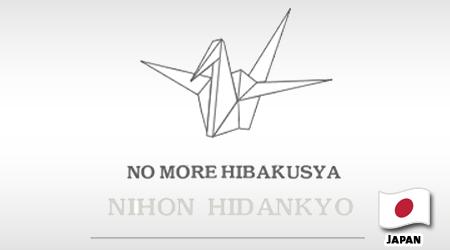
Nihon Hidankyo
Nobel Peace Prize 2024
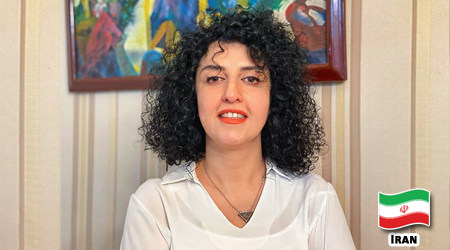
Narges Mohammadi
Nobel Peace Prize 2023
- Phone:+1 (859) 254-6589
- Email:info@example.com

Memorial
Nobel Peace Prize 2022
- Email:https://barackobama.com/
View
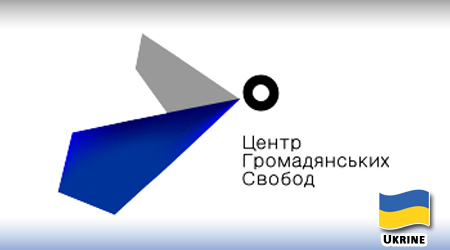
Centre for Civil Liberties
Nobel Peace Prize 2022
- Email:https://barackobama.com/
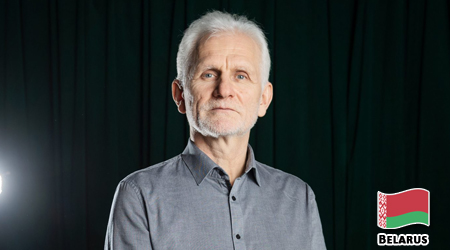
Ales Bialiatski
Nobel Peace Prize 2022
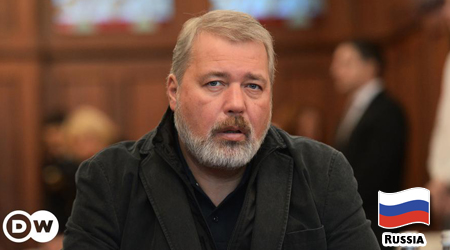
Dmitry Muratov
Nobel Peace Prize 2021
- Phone:+1 (859) 254-6589
- Email:info@example.com

Nobel Peace Prize Laureates (2020 ~ 2011)
View

Ellen Johnson Sirleaf
Nobel Peace Prize 2011
- Email:info@example.com

Nobel Peace Prize Laureates (2010 ~ 2001)
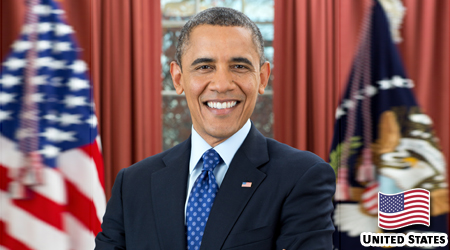
Barack H. Obama
Nobel Peace Prize 2009
- Email:https://barackobama.com/
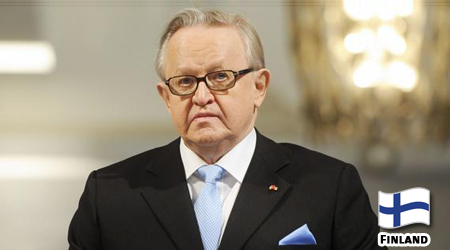
Martti Ahtisaari
Nobel Peace Prize 2008
- Email:https://cmi.fi/
View
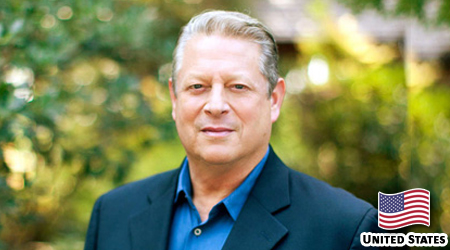
Albert Arnold
Nobel Peace Prize 2007
- Email:https://algore.com
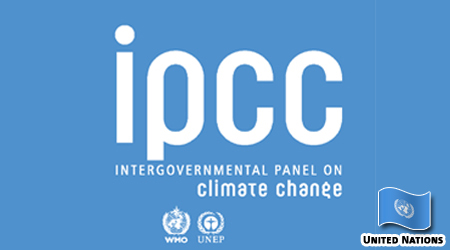
I P C C
Nobel Peace Prize 2007
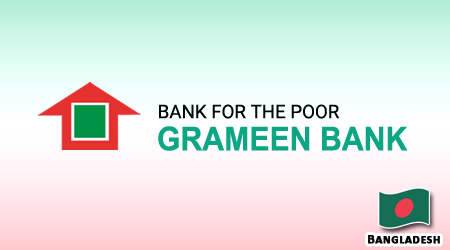
Grameen Bank
Nobel Peace Prize 2006
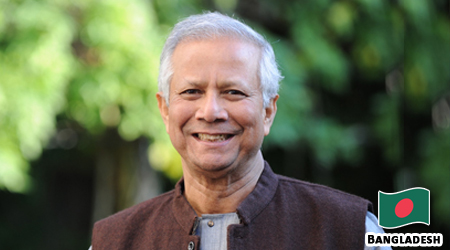
Muhammad Yunus
Nobel Peace Prize 2006
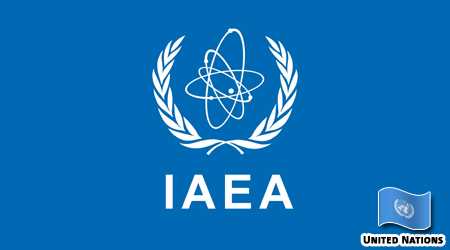
International Atomic Energy Agency
Nobel Peace Prize 2005
- Email:info@example.com
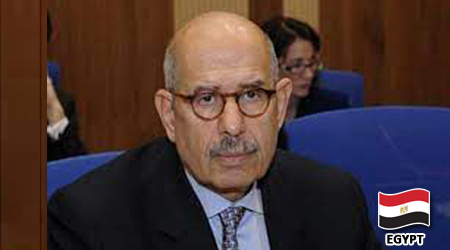
Mohamed ElBaradei
Nobel Peace Prize 2005
- Email:info@example.com
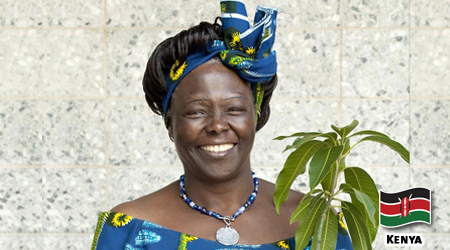
Wangari Muta Maathai
Nobel Peace Prize 2004
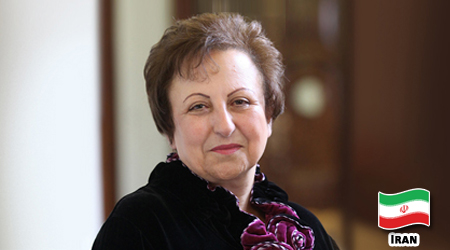
Shirin Ebadi
Nobel Peace Prize 2003

Jimmy Carter
Nobel Peace Prize 2002
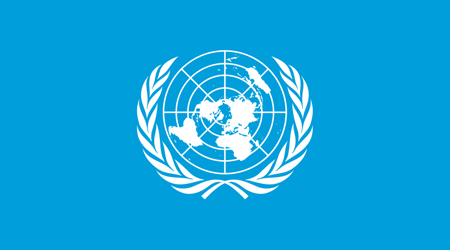
United Nations
Nobel Peace Prize 2001
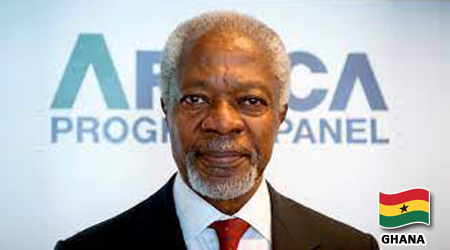
Kofi Annan
Nobel Peace Prize 2001

Nobel Peace Prize Laureates (2000 ~ 1991)
View
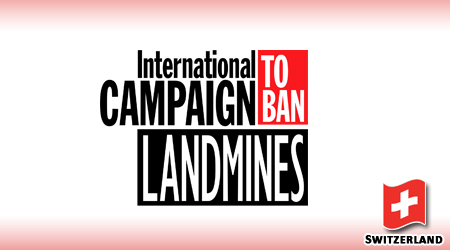
International Campaign to Ban Landmines
Nobel Peace Prize 1997
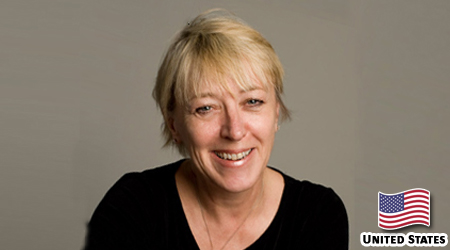
Jody Williams
Nobel Peace Prize 1997
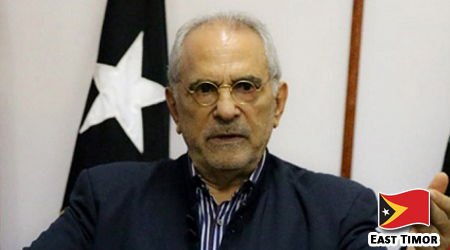
José Ramos-Horta
Nobel Peace Prize 1996
- Email:https://ramoshorta.com/
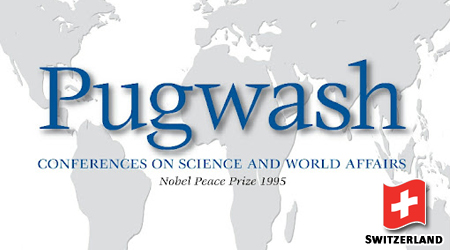
Pugwash
Nobel Peace Prize 1995
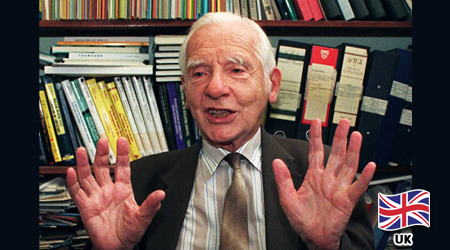
Joseph Rotblat
Nobel Peace Prize 1995
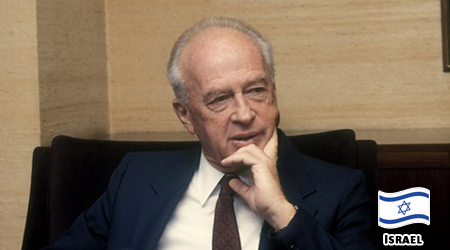
Yitzhak Rabin
Nobel Peace Prize 1994
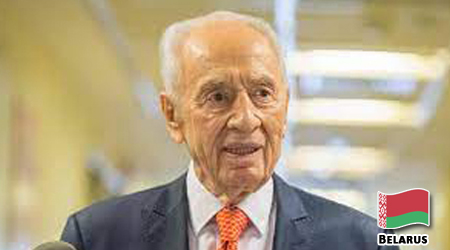
Shimon Peres
Nobel Peace Prize 1994
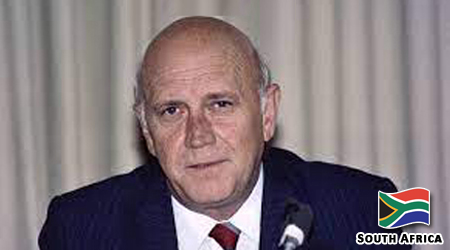
Frederik Willem de Klerk
Nobel Peace Prize 1993
- Email:https://fwdeklerk.org

Nelson Mandela
Nobel Peace Prize 1993
- Phone:+27 (0)11 547 5600
- Email:www.nelsonmandela.org

Nobel Peace Prize Laureates (1990 ~ 1981)
View
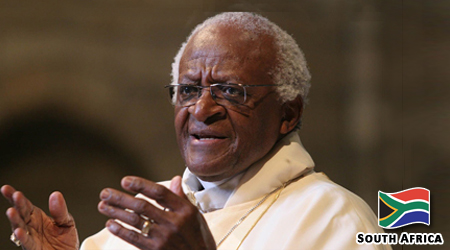
Desmond Mpilo Tutu
Nobel Peace Prize 1984
- Phone:+1 (859) 254-6589
- Email:info@example.com

Nobel Peace Prize Laureates (1980 ~ 1971)
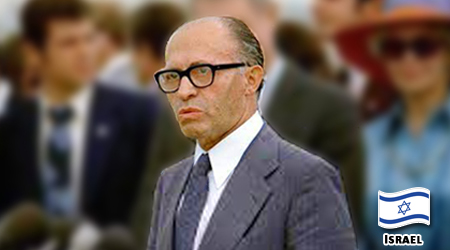
Menachem Begin
Nobel Peace Prize 1978
- Phone:+1 (859) 254-6589
- Email:info@example.com
View

Nobel Peace Prize Laureates (1970 ~ 1961)
View

Nobel Peace Prize Laureates (1960 ~ 1951)
View

Nobel Peace Prize Laureates (1950 ~ 1941)
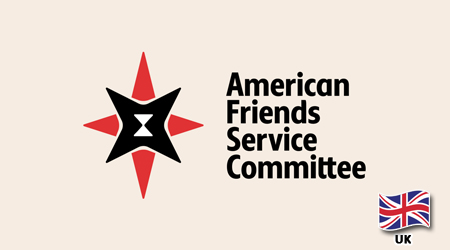
American Friends Service Committee
Nobel Peace Prize 1947
View
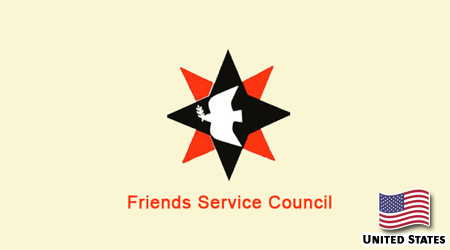
Friends Service Council
Nobel Peace Prize 1947

Nobel Peace Prize Laureates (1940 ~ 1931)
View More

Nobel Peace Prize Laureates (1930 ~ 1921)
View More

Nobel Peace Prize Laureates (1920 ~ 1911)
View More
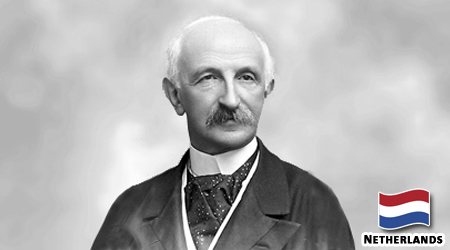
Tobias Michael Carel Asser
Nobel Peace Prize 1911

Nobel Peace Prize Laureates (1911 ~ 1901)
View More
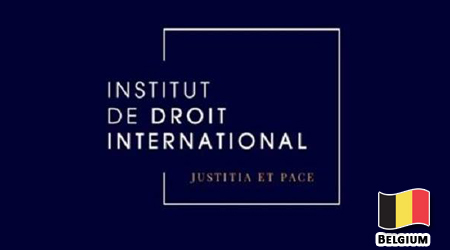
Institute of International Law
Nobel Peace Prize 1904
- Phone:+1 (859) 254-6589
- Email:info@example.com
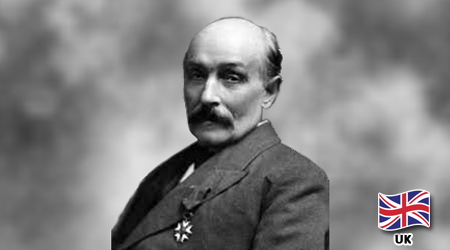
William Randal Cremer
Nobel Peace Prize 1903
- Phone:+1 (859) 254-6589
- Email:info@example.com
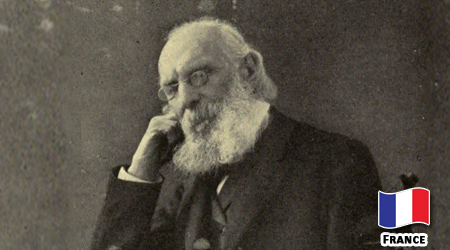
Frédéric Passy
Nobel Peace Prize 1901



